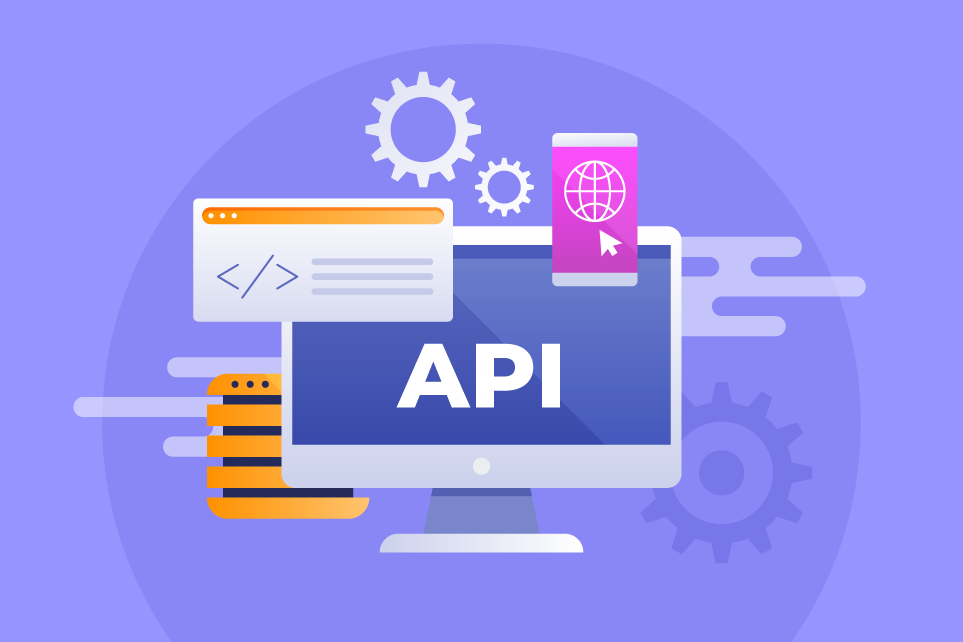In the landscape of modern web development, APIs (Application Programming Interfaces) play a pivotal role. They enable different software systems to communicate and share data, forming the backbone of many web applications. Embracing an API-First development approach can significantly enhance the efficiency, scalability, and interoperability of web applications. Here’s a closer look at the role of APIs in web apps and why focusing on API-First development is crucial.
The Role of APIs in Web Apps
1. Data Integration and Interoperability
APIs facilitate seamless data integration between different systems, allowing web applications to interact with third-party services, databases, and other applications. This interoperability is essential for:
- Connecting Microservices: APIs enable communication between microservices in a microservices architecture, promoting modularity and ease of maintenance.
- Third-Party Integrations: APIs allow web apps to integrate with external services such as payment gateways, social media platforms, and analytics tools.
- Data Aggregation: APIs can aggregate data from multiple sources, providing a unified and comprehensive view to the end-user.
2. Enhancing Functionality
By leveraging APIs, web developers can enhance the functionality of their applications without building everything from scratch. For example:
- Geolocation Services: Use APIs like Google Maps to add geolocation features.
- Payment Processing: Integrate APIs from services like Stripe or PayPal for secure and efficient payment processing.
- Authentication: Implement robust authentication mechanisms using APIs from OAuth providers like Google, Facebook, or Auth0.
3. Scalability and Flexibility
APIs contribute to the scalability and flexibility of web applications by enabling:
- Modular Development: Different teams can work on various parts of the application simultaneously, using APIs to ensure these parts work together cohesively.
- Independent Scaling: Services connected via APIs can be scaled independently based on demand, improving resource utilization and performance.
- Decoupled Architecture: APIs support a decoupled architecture, allowing the frontend and backend to evolve independently.
The Importance of API-First Development
1. Improved Developer Experience
API-First development focuses on designing and building APIs before implementing the frontend or backend components. This approach offers several benefits:
- Consistency: Establishes a consistent and well-documented API contract, reducing misunderstandings and errors.
- Collaboration: Facilitates better collaboration between frontend and backend developers, as they can work concurrently with a clear API specification.
- Mock APIs: This allows developers to create mock APIs early in the development process, enabling frontend development to proceed independently of backend implementation.
2. Enhanced User Experience
An API-First approach ensures that the APIs are designed with the end-user experience in mind. This leads to:
- Performance Optimization: APIs can be optimized for performance, ensuring fast and responsive interactions in the web app.
- Robustness: Well-designed APIs can handle different use cases and edge cases, resulting in more reliable applications.
- Consistency Across Platforms: APIs provide a consistent interface for various platforms (web, mobile, IoT), ensuring a seamless user experience across devices.
3. Future-Proofing
API-First development future-proofs web applications by:
- Easier Updates and Maintenance: Changes can be made to the backend without affecting the frontend, as long as the API contract remains intact.
- Extensibility: New features and services can be added without disrupting existing functionalities.
- Interoperability: APIs designed with industry standards ensure that the application can integrate with future technologies and platforms.
4. Faster Time-to-Market
By prioritizing API development, teams can achieve faster time-to-market due to:
- Parallel Development: Frontend and backend teams can work in parallel, reducing development time.
- Reusability: APIs can be reused across different projects, saving time and effort.
- Automation: API-First development often involves the use of tools for automatic API documentation and testing, streamlining the development process.
Best Practices for API-First Development
- Design First: Start with thorough API design using tools like Swagger or OpenAPI to create detailed API specifications.
- Documentation: Ensure comprehensive and accessible API documentation for developers.
- Versioning: Implement API versioning to manage changes and maintain backward compatibility.
- Security: Incorporate security best practices, such as authentication, authorization, and data encryption, from the outset.
- Testing: Use automated testing to ensure the reliability and functionality of APIs.
Conclusion
APIs are integral to modern web app development, facilitating data integration, enhancing functionality, and ensuring scalability. Adopting an API-First development approach further amplifies these benefits by improving developer experience, enhancing user experience, future-proofing applications, and accelerating time-to-market. We at AppleTech recommend our clients to get their web and mobile apps developed to ensure it is easy to integrate with other applications easily.

